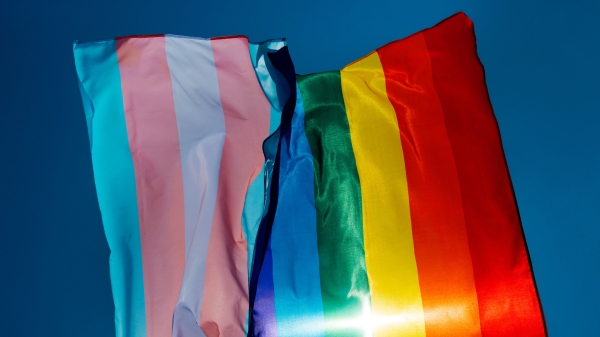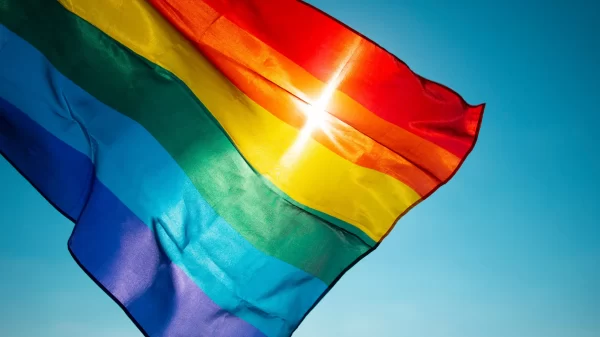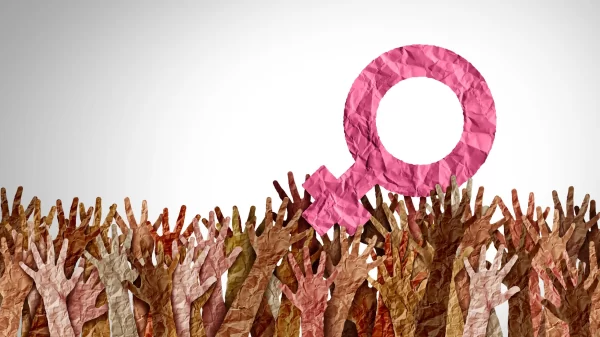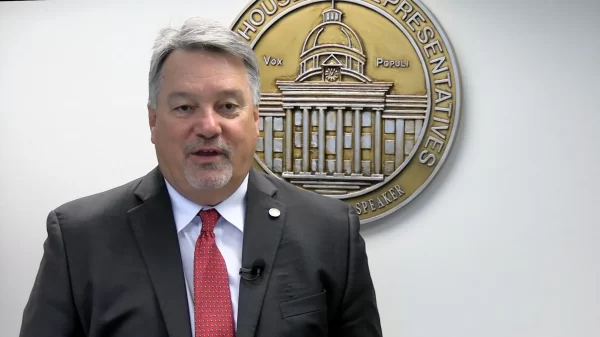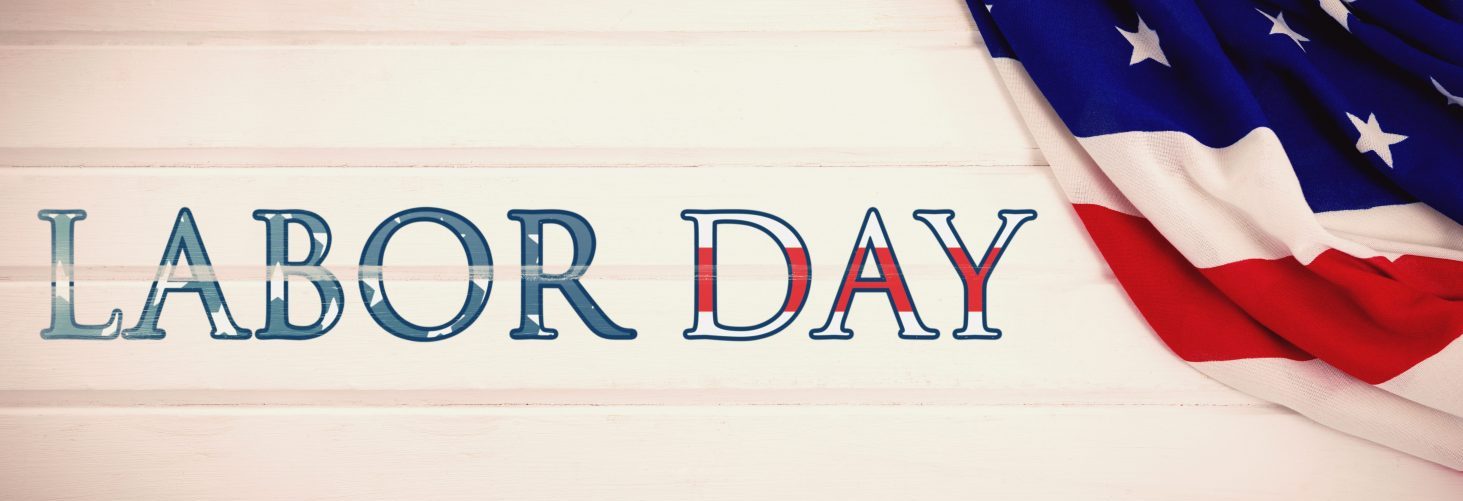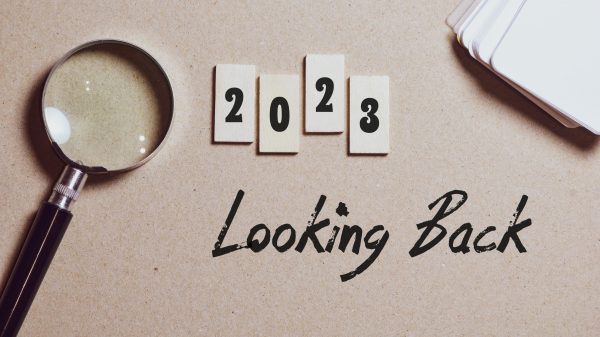By Bill Britt
Alabama Political Reporter
Labor Day celebrations began at the height of the Industrial Revolution in the 1800s. It became a national holiday in 1884, a time of abject poverty for many and spectacular prosperity for a few. Over time, the holiday became the unofficial end of summer and also the date when wearing white clothing, especially for women, was seen as inappropriate.
What lies behind the tradition of “No white after Labor Day”?
While there are varying stories on the fashion rule’s origin, there is little doubt as to why it became an inviolate custom.
Labor Day, according to the Department of Labor, “constitutes a yearly national tribute to the contributions workers have made to the strength, prosperity, and well-being of our country.”
Perhaps a lack of irony is the most undervalued characteristic of the American conscience, given that Labor Day sprang to life at a time when the average American worker clocked a 12-hour work day seven days a week just to make ends meet. It was also a period when even preteen boys and girls toiled away in mills, sweatshops and mines to help put food on the family table.
After the Civil War, a new moneyed class emerged in society, thanks to new technology and manufacturing. These newly-minted interlopers seriously threatened the old money elites who couldn’t imagine unwittingly hobnobbing with the vulgar rich, as they were sometimes known.
Among the many rules and bylaws meant to exclude others by race, religion and gender on all fronts, it was the women of high-society who adopted strict dress codes to distinguish themselves from the nouveau riche.
As Kathy Benjamin notes, “By the 1880s, in order to tell who was acceptable and who wasn’t, the women who were already ‘in’ felt it necessary to create dozens of fashion rules that everyone in the know had to follow. That way, if a woman showed up at the opera in a dress that cost more than most Americans made in a year, but it had the wrong sleeve length, other women would know not to give her the time of day.”
Laura Fitzpatrick writing for Time found, “By the 1950s, as the middle class expanded, the custom had calcified into a hard-and-fast rule. Along with a slew of commands about salad plates and fish forks, the no-whites dictum provided old-money élites with a bulwark against the upwardly mobile.”
However, social society in America is not fixed in a way that a smart up-and-comer can’t cross its barriers.
As Fitzpatrick wrote, “Such mores were propagated by aspirants too: those savvy enough to learn all the rules increased their odds of earning a ticket into polite society.”
For politicos, Labor Day in an election year marks the beginning of campaign season. It’s a time for solidifying a team, planning strategy and, above all, raising money — lots of money.
Successful politicians learn the rules:
Tout humble beginnings.
Cite business experience.
Pander to the base.
Kiss babies and the back sides of political power brokers.
Don’t mention any policy that sounds remotely intelligent, and if all else fails, blame Democrats who haven’t been in power for almost eight years.
Also, leave the Rolex and Mercedes at the house — they make working folks wonder and prosecutors curious.
Try not to fail in lust or love on the campaign trail.
And finally, never think we at APR are not watching.
You may break these rules at your peril but never, under any circumstance, wear white after Labor Day.
Then we’ll all know you just don’t get it.













